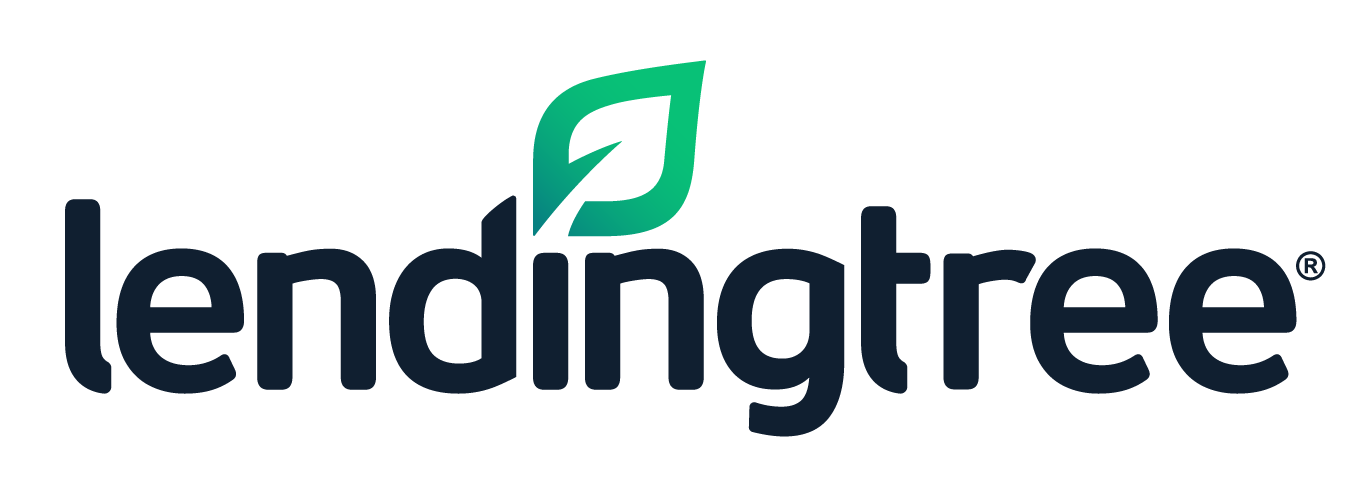The transition from renting an apartment to buying your first home is an exciting milestone. As one of the biggest purchases you’ll make — one that takes decades to pay off — it is vital that you understand how much you can afford to invest in a property before you start house hunting.
Realtors recommend, and many sellers require, that buyers have a mortgage preapproval before they even schedule a showing. A mortgage preapproval is determined by the lender and outlines how much a buyer can borrow to pay for a new home.
While a mortgage preapproval can be a helpful guideline for first-time homebuyers, prospective buyers should take a deeper look into the financial obligations of homeownership before going all in on a mortgage payment. Here are a few things to consider before you start shopping for homes at the top of your budget.
Your current financial situation
Those seeking preapproval from a lender should also take some time to think about their current and projected expenses. For example, will you need a second car after moving to a new location? This alone might eat up several hundred dollars a month that you may not have budgeted for when you initially secured your mortgage. A lender can’t predict these additional expenses for you, so it’s important to be your own best advocate so you don’t end up overextended.
Lenders review income, credit scores and assets to determine how much they will lend and the interest rate they will charge on the loan. Based on the amount for which you’re approved, create a budget comparing your monthly income against your monthly expenses to see how much you can comfortably afford.
For those new to budgeting, the 28/36 rule says your total debt (including your mortgage) should be less than 36% of your gross monthly income, and your monthly home expenses (mortgage payments, property taxes and insurance) shouldn’t exceed 28% of it.
Additional homeownership expenses
After purchasing a house, 52% of homeowners believed their mortgage payment was too high, 59% said that maintenance costs were higher than expected, and 50% said that their taxes were higher than anticipated. To avoid being in the same boat as so many Americans, consider the following expenses before buying your new home.
Taxes
Property taxes are collected by states, towns and boroughs to pay for schooling, community safety and infrastructure improvements in the area. The amount a homeowner pays will vary depending on the location and value of the home.
On average, households spend $2,127 in property taxes annually; however, some areas can be significantly more costly than the average. Before committing to a house, ask your realtor for a copy of the most recent tax bill to get an idea of what you’ll have to pay.
Utilities
Some renters are used to paying utility bills, while others may have had these expenses included in their monthly rent. As a homeowner, you should expect to pay for gas, electricity, sewer, water and trash on a monthly or quarterly basis. In addition to the monthly bill, many utility companies will also request a deposit to turn these on in a new home — especially if the homeowner has poor credit or a history of nonpayment.
Home insurance
Home insurance is a necessary cost to buy a house, and most lenders require proof of coverage before they’ll issue a mortgage. While similar to renters insurance in that it protects your best interests in the event of an incident, home insurance costs more. The average cost of home insurance in the United States rose by 47% over the past 10 years as a result of homes costing more to replace and an increase in the severity of claims. In 2021, those living in the South will likely see a rise in their annual premiums due to increased losses from hurricanes.
Association fees
More than 25% of homeowners in the U.S. live communities operated by a homeowners association (HOA). Moving into a community-managed home requires an additional annual fee known as dues. Check with your realtor regarding the cost of dues, and keep in mind that on occasion, an HOA can charge a special assessment in addition to your dues to cover unexpected projects.
Home maintenance
Whether it is preventative maintenance or a sudden need to replace broken appliances and outdated home features, preparing for the unexpected is difficult. According to Forbes, homeowners should set aside 1% to 4% of their home purchase price for annual repairs and maintenance. If your home costs $200,000, for example, budget $2,000 to $8,000 annually.
Furnishings and decor
If you’re moving from an apartment into a home, you should plan to buy additional furniture, appliances and decor during your first year of homeownership. Create a list of necessary items, and research their costs now, so you can start saving ahead of time.
Your dream home can quickly turn into a nightmare if unexpected costs keep popping up or you can’t keep on top of your monthly payments. By keeping in mind the added expenses that come with homeownership during your house hunt, you can ensure you stay within a budget that will allow you the stress-free financial freedom to revel in your new home.









